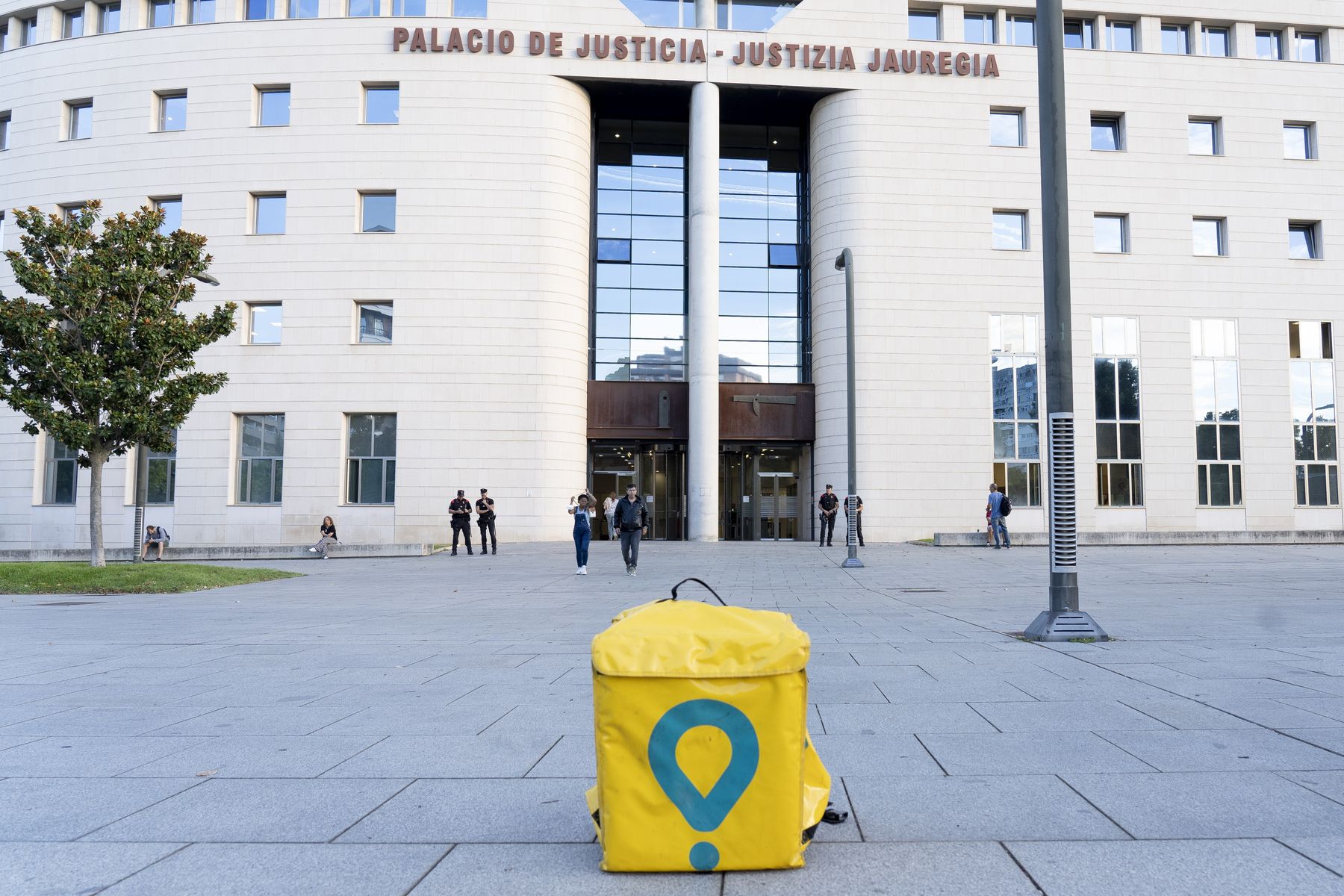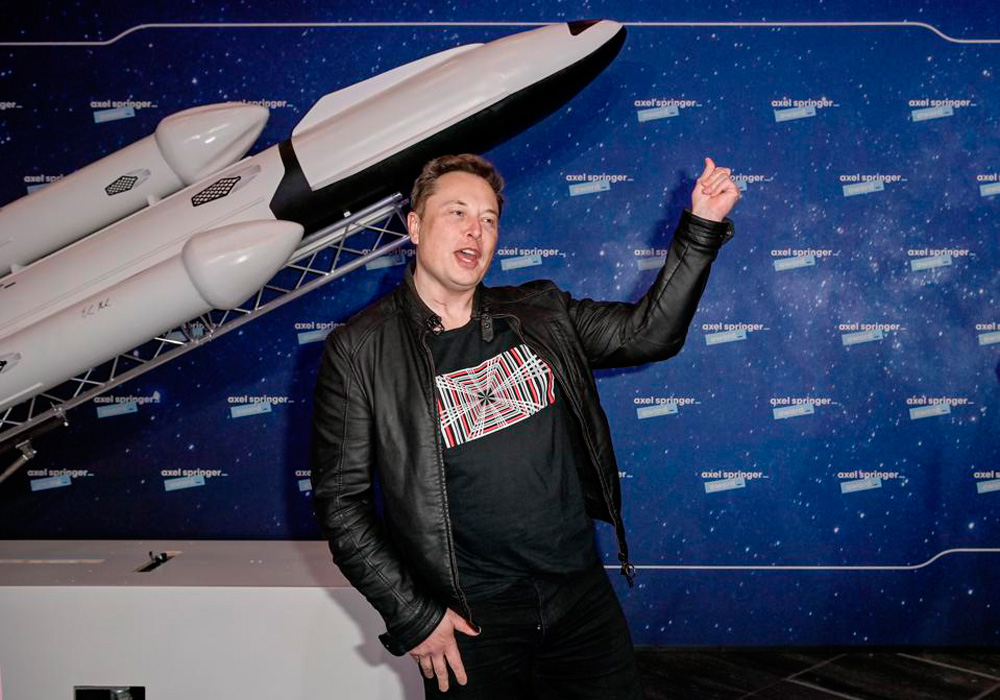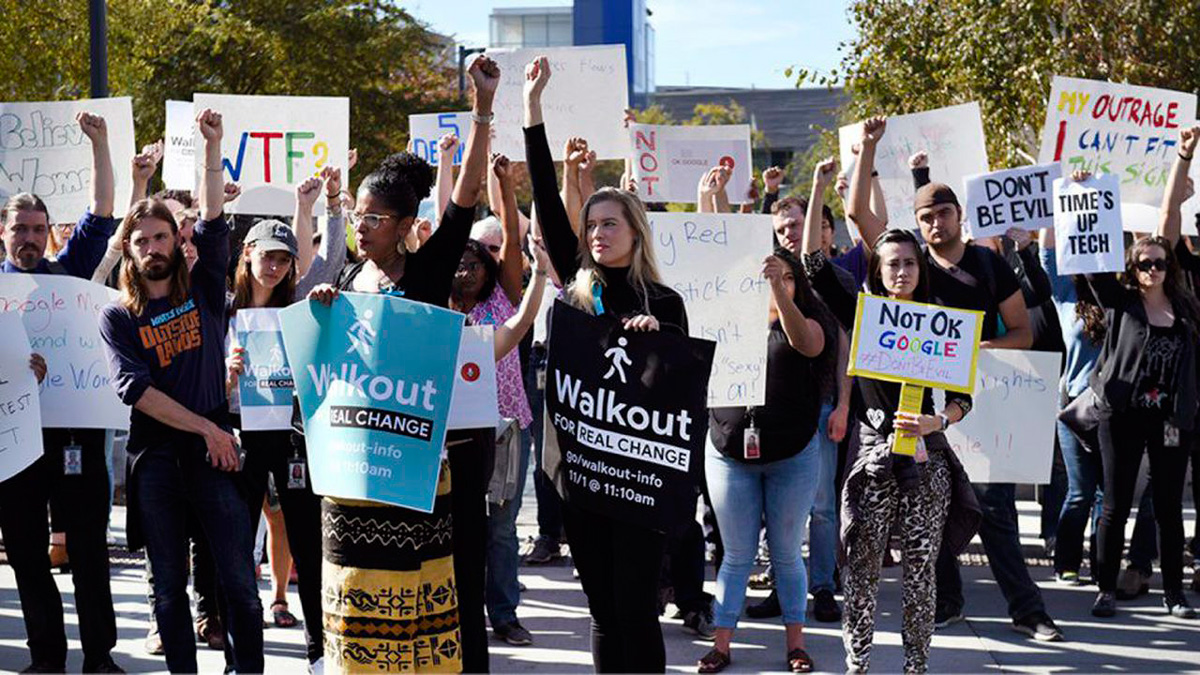"Creative Destruction" of Peer-to-Peer Technology
- My God, my God! The technological industry has many confusing aspects. If you look from the outside, it's easy to think that all companies are the same. They all use apps, they have similar design styles, they're headquartered in fashion cities, and interestingly, they have millions of dollars, even if they don't make a profit. Companies in this article can be easily confused with each other, but companies that offer services between individuals (peer-to-peer) are part of their own department and are known as “platform companies”.

These companies act as intermediaries between the supplier and the consumer in exchange for part of the profit. Sometimes, in cases where suppliers and consumers find it difficult to reach each other, this type of business can be helpful, as similar services have always existed (e.g. gas stations). However, many companies have found that it is very fruitful that they interact as intermediaries between suppliers and consumers, whether or not this helps them.
The creative destruction of the neighborhood, according to the idea of “creative destruction”
of Silicon Valley, is to swiftly move the recipe to create a big and profitable project and not take into account any standards. An example of this is Airbnb, a company known for creating a network of illegally rented homes without a license. In previous years, for example, 54% of the rentals offered in Álava, Bizkaia and Gipuzkoa were mostly illegal. Airbnb has in no case taken effective measures against this practice.
In addition to the Basque Country, almost half of Barcelona’s ads are illegal, as well as 72% of New York’s bookings. But how is it possible for a company as well known and wealthy as yours to violate the law in such an ostensible manner without consequences? The key is the “platform” character of this business model. Airbnbk can legally argue that she is not responsible for the advertisements on her site, but only makes people contact them.
The second big advantage of this model is that it doesn't have to invest a lot of money in the service offered. For example, if the company Mercedes wants to make a car, it has to buy the factory and hire hundreds of workers, which generates huge fixed costs that make growth difficult. Airbnb, for its part, has only one website. Every new deal on your platform will give you money and help you grow without just generating more costs.
The problem generated by Airbnb is its great success, that is, its great capacity for destruction. After the financial crisis of 2008, the demand for opportunities for cheap travel increased considerably, as well as the tendency to look for experiences that seem “more real”. Airbnbk then set up a website and sat comfortably to see how 10-15% commissions were succeeding. A website and a desire to destroy neighborhoods around the world: it doesn't take much more to become a $35 million company.
The destruction that generates common
sense, according to its owners, has cost Uber about 100 billion dollars. Wallapop, who did not charge commission to offer his services, was also valued at five hundred million dollars, just before his merger with the $1 billion company Letgo. As in the subscribed model, these types of companies offer an appearance of success by unconscionably squandering their millions as venture capital. And yet, Uber lost 5.2 billion dollars in a quarter of 2019 and 4 billion dollars in 2018. Another company that has recently started in the Spanish state, Lime, has just been valued at one billion dollars, even though it loses money with every scooter it takes out on the sidewalk.
All these companies share two characteristics: they have a product that prevents money and each wants to monopolise their market niche. How? They use low prices through risk capital to banish competition and then, once the monopoly is established, they raise prices.
But the problem is that these companies cannot create monopolies effectively, nor produce large network effects. The key to Airbnb is trust: if you want to sleep at the home of a stranger from anywhere in the world, it is the only company that offers you enough trust and quantity of ads. Like Facebook does, as long as they continue to buy potential competitors, these companies will remain the only menu option. However, if Uber becomes the only app for private transport and raises prices, people will start moving again or using public transport or bicycles. If you pay less and less to the drivers, you will run out of a car. The company Lime has a similar destination, as both companies replace walking, not taxi. Glovo will also be able to keep the quotas to restaurants until the restaurant owners realise that they can hire distributors.
After the final failure of all these cheap monopolists, then we will see their real impact, as we collect from the earth the fragments of the transport industry that they have destroyed.
After analyzing the policy-generating
destruction from this point of view among individuals, many of the disruptive aspects of these companies become more rational. Uber is unable to offer its employees decent pay and, at the same time, Airbnb cannot comply with current regulations. Facebook cannot adequately combat misinformation that feeds political extremism or fake news, as it is an intermediary between advertisers and people’s attention. The greater the controversy, the greater its value. That’s why, in October 2019, shortly after it was announced that it would fight for misinformation, Facebook received 40,000 euros in exchange for ads in which pp promoted misinformation. That’s why ads promoting social division were more frequent than ever on Facebook in the Spanish state elections in November, and that’s why the far-right party Vox spent around 430,000 euros promoting its Twitter account. So those two companies, a couple of social networks after all, are worth over 200 billion dollars.
Don’t ask why Facebook encourages misinformation, why Twitter supports hate messages, or why Youtube promotes videos in favor of conspiracy theories, as the answer is easy: profit. Nor ask why Airbnbk cannot regulate its platform to fight fraud more effectively or to prevent the acceptance of illegal ads. If about half of the rental offers in Euskal Herria are illegal, we are talking about half the profits. Their benefit is more important than their neighborhood, no surprises. In short, these companies cannot be reformed so as not to be so harmful, as this character is in the DNA of their business model.
This report has been translated into Basque by Diego Pallés Lapuente.
Telelana lan-antolaketa berri bihurturik da langile askorentzat. Koronabirusak hala beharturik, azken urteetan helburu zutena egunetik biharamunera errealitate bihurtu zaie numerikoaren sektoreko oligarkei. Jendea etxetik dabil lanean, internet bidez. AEBetako Silicon Valleyn... [+]























